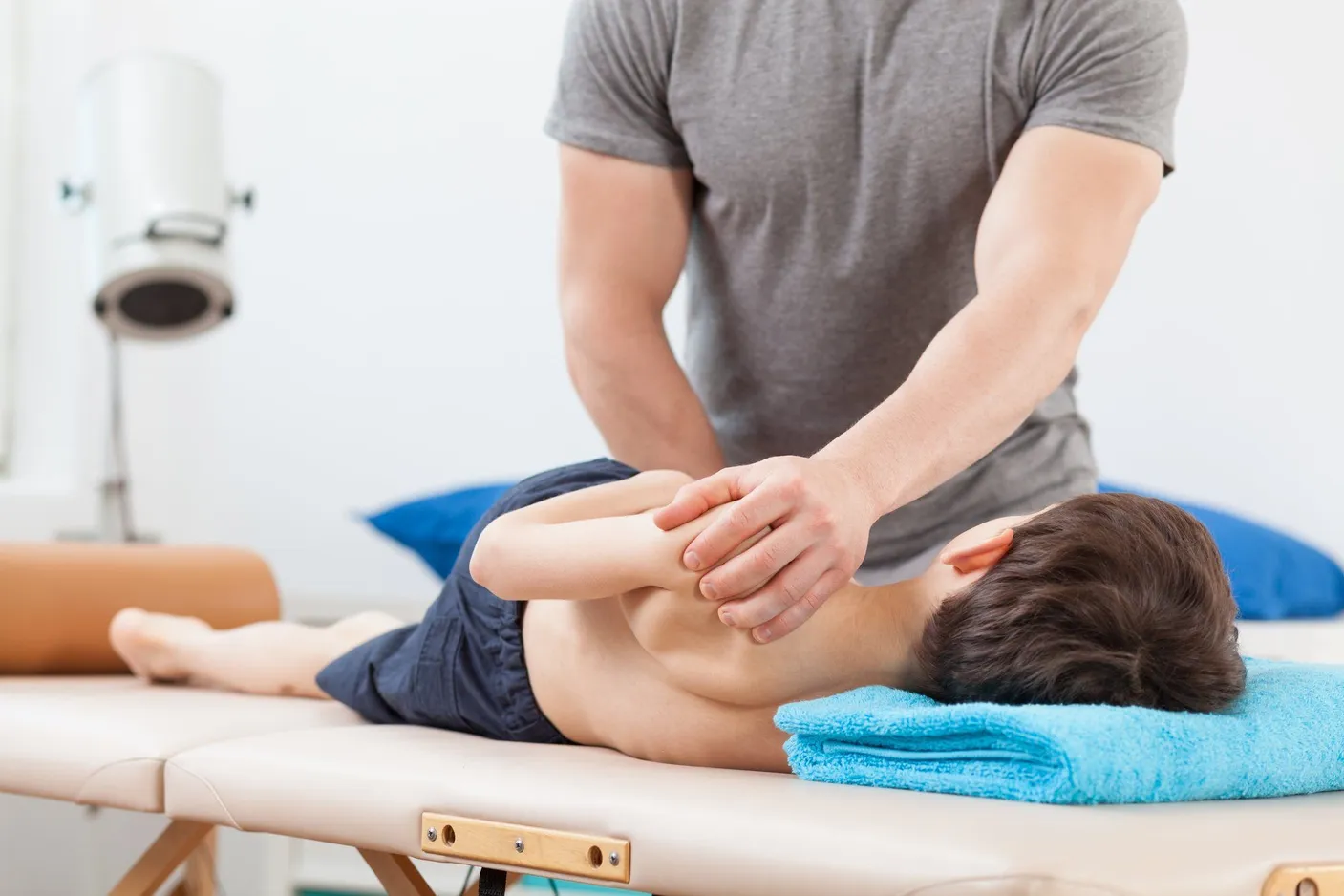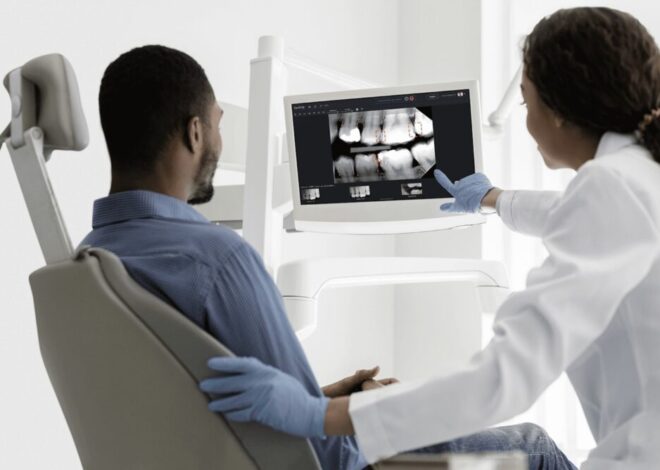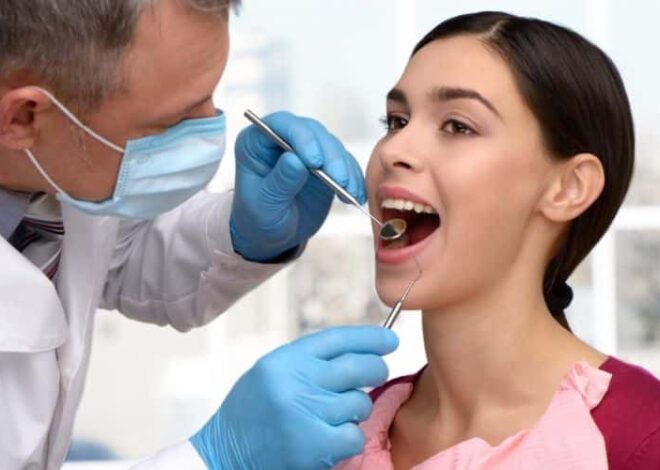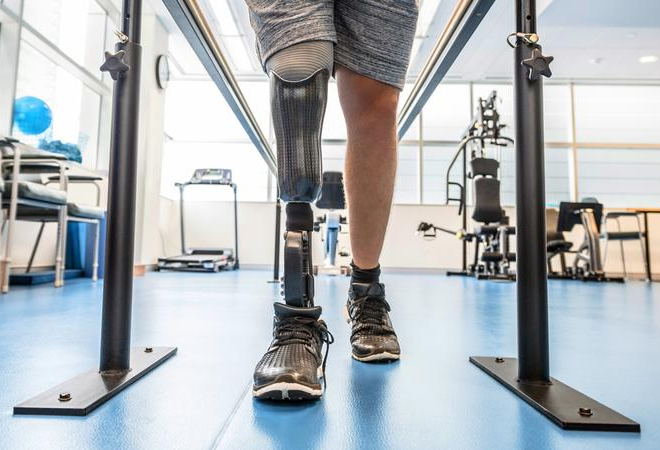
Early spinal health intervention is crucial.
Maintaining spinal health for overall well-being is important. Many people are only aware of this when they start to experience significant spinal problems. You must monitor your spine health because diseases like scoliosis are often undetected. It is often better to intervene early, especially if you need adult scoliosis treatments in the later years. Regular checkups and knowledge of symptoms can have a significant impact on spinal health.
Table of Contents
Knowing the Spinal Health
The spine is vital in keeping our bodies together, protecting our brains and allowing us to move. A healthy spine allows humans to carry out their normal daily activities with no discomfort. Contrary to this, a variety of factors, such as poor posture and incorrect sitting, like leaning backwards instead of standing up straight for long periods at work, or lack exercise, can cause spinal problems later in life.
Importance Of Awareness
The first step to prevention is awareness of the potential issues with spinal health. The majority of people do not realize that their spine has a condition like scoliosis, until it is quite advanced. Scoliosis is a condition where the spine curves in a sideways direction. It can affect people of any age. It usually begins in childhood or early adolescence. Mild cases can be treated without much difficulty; others may worsen over time and require comprehensive interventions.
- Recognising symptoms: Anyone who is interested in their body and wants to understand it should be familiar with the signs and symptons of scoliosis. You may experience back pain, uneven shoulders or a curve in your spine. Recognizing these symptoms can encourage individuals to have their test done sooner rather than later.
- Regular Checkups: Children also need to receive regular physical examinations by a pediatrician who will often perform scoliosis tests. Adults should have regular spinal examinations. Early detection of spinal abnormalities allows for remedial measures to be taken, which are crucial in preventing dangerous complications.
Early Intervention and Its Role
Early intervention is important when it comes to spinal health. The earlier treatment is started for patients with conditions like scoliosis the better the results and the lower the risk of serious complications.
- Noninvasive Treatment Options: Physical therapy, exercise and bracing are all possible early treatment options for scoliosis. These techniques improve the general posture by strengthening areas near the spine. Structured exercises can also be used to build flexibility and provide relief. When necessary, this can serve as a dress rehearsal for treatment of scoliosis in adults.
- Considerations for surgery: In severe cases, if the spine appears to have been warped, surgery can be considered. If you wait until it is too late, complications will occur that require more invasive treatment. Untreated scoliosis can have long-term consequences on adults, so it’s important to make them want treatment as soon as they can.
Preventive Measures for Spinal Health
These steps can help prevent spinal disorders and scoliosis by taking action early.
- Physical Activity and Exercise: Regular exercise strengthens our body, maintains our spine health, and increases flexibility. If you have lower back pain, or leg pain (which are often caused by disc herniations), swimming, walking, and even yoga can be beneficial. Strong core muscles can prevent spinal problems by maintaining correct posture.
- Ergonomics and mindfulness: Being aware of your posture when sitting, standing or lifting heavy objects is essential to spinal health. It is possible to keep a good posture for long periods of time while typing or writing in an ergonomically-designed workspace. It is possible to improve your comfort and sitting posture by investing in ergonomically designed chairs and desks.
- Healthy Lifestyle Choices: A healthy weight, eating to maximize nutrients and not smoking are all factors that contribute to spinal health. A healthy diet is essential for maintaining bone density and muscle strength, both of which are important to a strong spine.
Seek professional guidance
Individuals who believe they have a spinal disorder should seek professional advice. They can offer assessments and make recommendations that are tailored to the individual. This includes chiropractors, orthopaedic surgeons and physiotherapists.
A comprehensive treatment plan for scoliosis may include regular monitoring of progress (with flexibility exercises) and, as needed, discussions about other treatment options.
Conclusion
Investments in the treatment of spinal disorders and health protection are a good way to protect your investment. It is a great way to reduce the cost of surgical treatment and improve patient quality of life. Everyone should be aware of the symptoms. The benefits of interval examinations and prompt diagnosis for children’s spines are many, including a better outcome in adults with scoliosis.
The group of people with “adult” spinal scoliosis is the most likely to be helped by awareness and prevention efforts to improve spinal health. The individual is responsible for his own health and happiness. By investing time and energy in spinal health today, you can have a worry-free future.



